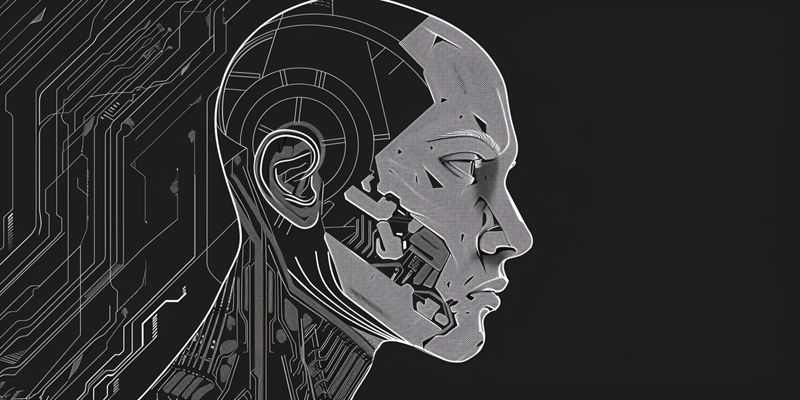Artificial intelligence (AI) is rapidly becoming a tool of choice for cybercriminals, changing the cybersecurity landscape significantly. In a recent cyberattack against German organizations, the use of Rhadamanthys malware by a group known as TA547 signals an alarming strategic shift. This group, known for other nefarious activities, had not been previously associated with the Rhadamanthys stealer. However, it’s not just the malware that has gotten a makeover—the tactics used to deploy it have also matured. One notable strategy employed by TA547 is the distribution of emails impersonating the German retail giant, Metro, which contain malicious invoices. These invoices lure victims into opening password-protected ZIP files that release LNK files, setting off a chain of events that allow PowerShell to run a remotely hosted script.
Machine Learning: A Double-Edged Sword
The remote script employed by TA547 to deploy Rhadamanthys bears the hallmark of sophisticated authorship. Analysis points to the potential involvement of large language models (LLMs), such as ChatGPT, Gemini, or CoPilot, in crafting the PowerShell script used in the attack. What’s striking is the level of grammatical correctness and overly specific comments within the script—features that suggest AI involvement. This intriguing layer of complexity added by LLMs is an exemplary instance of how AI can be leveraged to refine the art of cyber deception, ensuring that malevolent payloads are not just delivered but done so with a fine skin of authenticity.
As AI tools like LLMs become more accessible, there’s a valid concern about their role in cybercrime. They provide a level of refinement to the methods that cybercriminals use, even if the functionality and effectiveness of the malware remain the same. These AI-generated scripts can be more evasive, mimicking legitimate code to bypass traditional detection systems. The formidability of AI lies in its potential to quickly generate comprehensive scripts, lull victims into a false sense of security, and help campaigns scale at an unprecedented rate.
Adapting Cyber Defense in the AI Era
As AI becomes a tool for cybercriminals, enhancing our cybersecurity with AI is paramount. The dynamic nature of these threats necessitates behavior-based detection, which can identify malevolent actions rather than fixed code traits, thus catching AI-created attacks. Cybersecurity professionals must continuously update their strategies to match the evolving sophistication of AI-assisted threats.
Investments in AI-driven security, AI literacy for professionals, and keeping systems current are crucial. Effective defense against AI-powered cybercrime demands adaptation and vigilance. Just as attackers leverage AI to advance their methods, defenders must equally adopt sophisticated AI capabilities to secure digital assets. In the cybersecurity arms race, the application of intelligent solutions—powered by artificial or human intellect—is critical for maintaining an edge in this digital skirmish.

